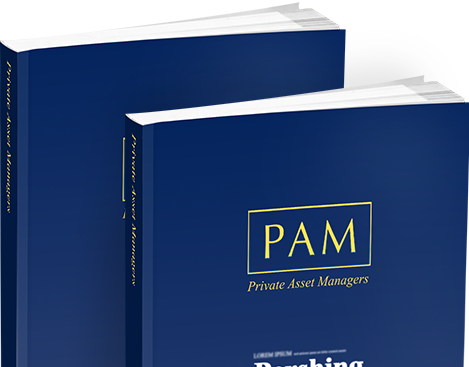An increasing number of older people have been turning to equity release to release funds built up in property. Equity release schemes often involve a lifetime mortgage, under which no interest is payable during the lifetime of the borrower. The capital released and the outstanding interest is only payable on the death of the borrower, or their surviving spouse.
Equity release can be used to provide an income for retired people who want to extract value from their homes. Alternatively, where the released funds are not required to fund your retirement, they may be gifted away. If you then survive the gift by more than seven years, it will not be subject to IHT and the mortgage and interest payable may be available as a deduction against the value of the property in your estate.
Caution does need to be taken with equity release, as it can leave little value in the house on death. Using equity release to mitigate IHT is not advantageous in all cases. One of the key decisions as to whether you should use a lifetime mortgage is whether the tax saved outweighs the cost, including the interest incurred. Among the considerations is the age and life expectancy of the people taking out the lifetime mortgage.
The PAM Directory is a comprehensive guide on comparative data focusing on asset managers, investment managers, private banks, stockbrokers, wealth managers and multi-family offices, who provide discretionary and/or advisory portfolio management services for private clients.
Order Now
Subscribe to PAM to hear about the latest news and promotions
Site Content Copyright PAM Insight Ltd 2016
This option is not available when logged in as a Private Asset Manager.
For registering with PAMonline. You should now receive an email asking you to verify your email address. If you do not receive this email, please call +44 (0)207 967 1601 for assistance.
To reset your password please enter code below.
To restore your password please enter your email below.
To see full information of the Private Asset Managers, plus the opportunity to rate and follow, login or register
For registering with PAMonline.
You should now receive an email asking you to verify your email address.
If you do not receive this email, please call +44 (0)207 967 1601 for assistance.
To return to the Home page, click here
To see full information of the Private Asset Managers,
plus the opportunity to rate and follow, login or register.
Please fill in all the fields.
To activate your account enter valid activation code below.
To resend activation email type in your registered email address below. Or contact the PAM office on +44 (0)20 7967 1608 to get instructions to activate your account.
